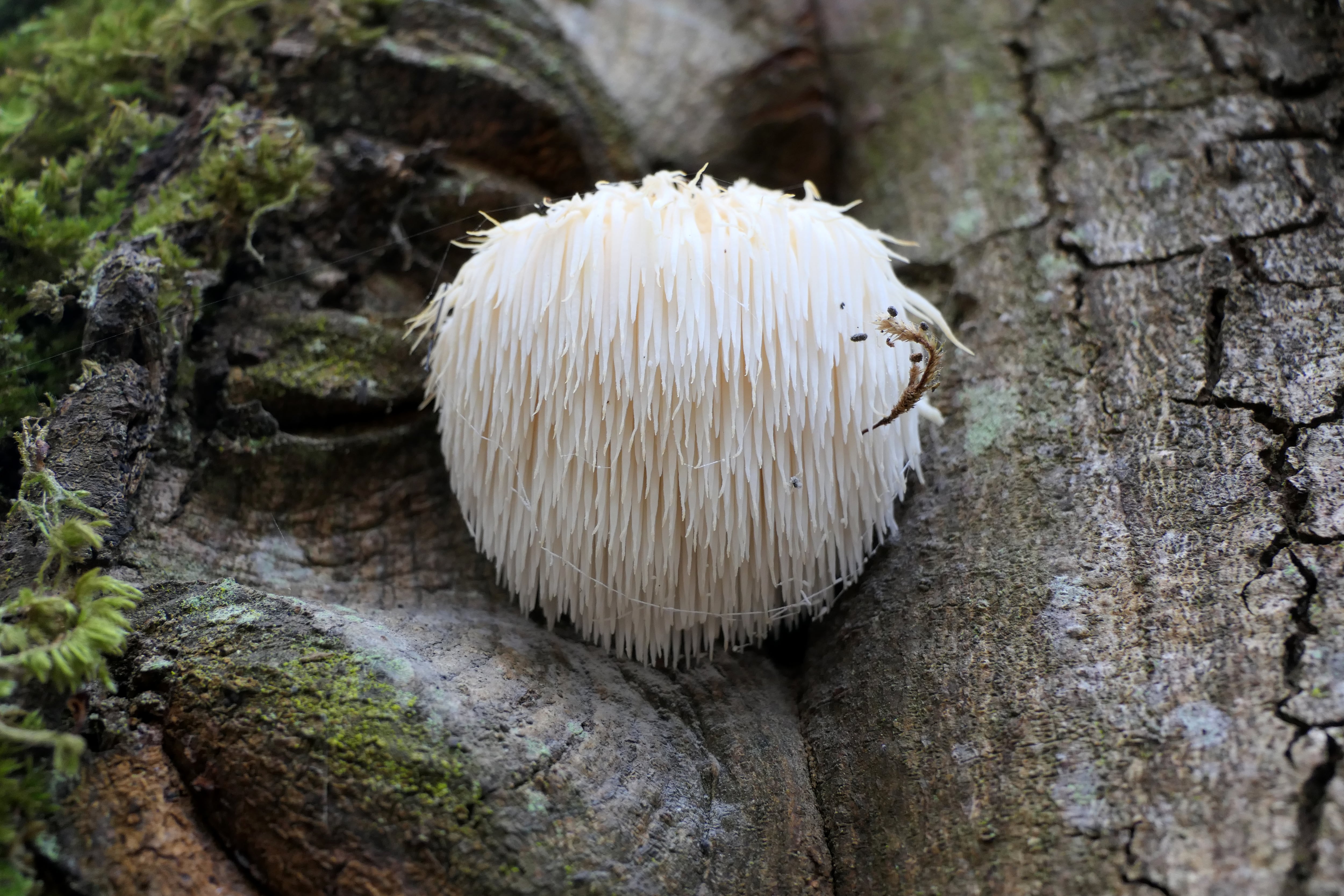The Hericium erinaceus, or lion’s mane mushroom has a range of health benefits. One study suggests it improves long and short-term cognition in young adults. Another posits that the mushroom could reduce depression and anxiety.
These claimed health benefits have resulted in it being a popular supplement. But can the mushroom provide the same benefits when used in food?
Do consumers want Lion’s Mane as a food?
Lion’s mane is traditionally a supplement. But it has proven to be versatile in cooking, and attracted considerable interest among consumers within the context of food, according to Elliot Webb, managing director and founder of Urban Farm-It.
“The demand for lion’s mane mushroom in food is rapidly increasing as more consumers look for functional ingredients that support overall health and wellness. While lion’s mane has traditionally been popular in supplement form, its versatility in cooking and the rising interest in functional foods have led to its growing use in everyday meals.”
Urban Farm-It produces fresh and dried lion’s mane for the UK market, in part intended as a plant-based meat alternative in meals.
Does it still have the same functional benefits?
Lion’s mane, when used in food, can be cooked in various ways, and used for a range of functions. When it’s produced with taste, rather than just nutrition, in mind, are its functional benefits threatened?
According to Webb, certain techniques can get the best out of lion’s mane.
“Cooking doesn’t alter the functional benefits. However, to access the best functional benefits in lion’s mane, it should be alcohol or heat extracted so that the bioactive compounds activate which is why steeping when you make tea is so effective.”
What does it taste like?
While known primarily for its functional benefits, when used in the context of food, the taste of lion’s mane is front and centre.
The mushroom has a “delicate, slightly sweet and earthy flavour, which is often compared to seafood like crab or lobster,” explains Webb. It also has a “tender, meaty texture,” which absorbs flavours when cooked.
It can, Webb suggests, be used in a wide range of meals including soups, stir-fries, risottos, burgers, and tacos. Hong Kong food tech company OmniFoods has even released a lion’s mane steak.
“Its meaty texture makes it an excellent addition to vegan and vegetarian recipes, providing a satisfying bite while soaking up the flavours of sauces and seasonings,” says Webb. “It also works well in simple preparations like sautéing with garlic and olive oil for a quick side dish.”

